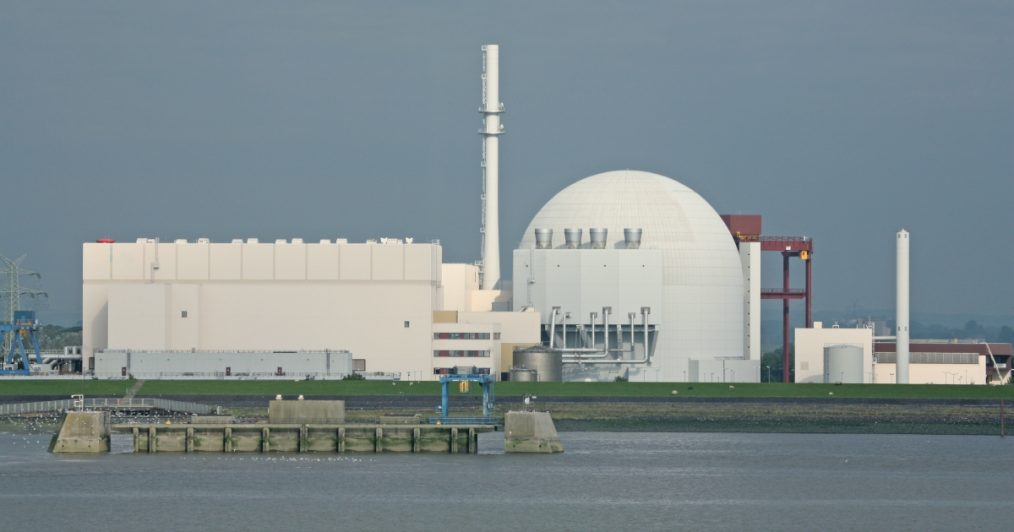
Nuclear Energy: A Safe and Proven Solution
Associate Professor Hooker strongly supports opposition leader Peter Dutton’s recent proposal for nuclear energy, emphasizing that nuclear power is a safe and reliable energy source, with hundreds of reactors operating successfully around the world. According to Professor Hooker, the safety record of nuclear energy is well-documented and superior to many other forms of energy production. He pointed out that modern nuclear reactors are designed with multiple safety systems and fail-safes that make catastrophic failures extremely unlikely.
Peter Dutton’s announcement last week detailed plans to establish seven nuclear energy sites across five states: Callide and Tarong in Queensland, Liddell and Mount Piper in New South Wales, Loy Yang in Victoria, Port Augusta in South Australia, and Muja in Western Australia. These sites are set to power the nation if the Liberal-National Coalition secures victory in the next federal election. This initiative aims to address Australia’s growing energy demands while reducing greenhouse gas emissions and enhancing energy security.
Supporters of nuclear energy argue that it is one of the most efficient and environmentally friendly sources of power available. Nuclear plants produce a consistent and substantial amount of electricity without the intermittency issues associated with renewable sources like wind and solar. Furthermore, nuclear energy generates significantly lower greenhouse gas emissions compared to fossil fuels, making it a vital component in combating climate change.
The economic benefits of adopting nuclear energy are also considerable. The construction and operation of nuclear plants create thousands of jobs, boosting local economies and providing high-skilled employment opportunities. Additionally, the stable and predictable cost of nuclear energy can lead to lower electricity prices for consumers in the long term.
However, the proposal has faced criticism and concerns, primarily around the issues of nuclear waste management and the high initial costs of building nuclear plants. Professor Hooker addressed these concerns by highlighting advancements in nuclear technology, such as the development of small modular reactors (SMRs) and improvements in waste recycling and storage solutions. He argued that with proper planning and investment, these challenges can be effectively managed.
In conclusion, Associate Professor Hooker and other proponents of nuclear energy believe that this technology offers a viable path forward for Australia’s energy future. By investing in nuclear power, the country can achieve a more sustainable, reliable, and secure energy system, ensuring long-term economic and environmental benefits.
Mr. Hooker is the Director of the Centre for Radiation Research, Education and Innovation at the University of Adelaide




Nuclear is fine and in the long run much cheaper than renewables. Nuclear lasts 90-100 years whereas renewables have to be replaced every 20-25 years. So by the time nuclear needs replacing all of the windmills and solar panels would have been replaced four times. How much would that cost? Also, they cannot be recycled so would end up in land fill. Just as well we have got a big land.
Also the science is that if you double CO2 temperature will only rise 0.7deg. What we should have is even cheaper coal fired power stations.
https://wattsupwiththat.com/2024/01/24/new-journal-of-climate-study-reduces-doubled-co2-climate-sensitivity-by-40-to-0-72c/